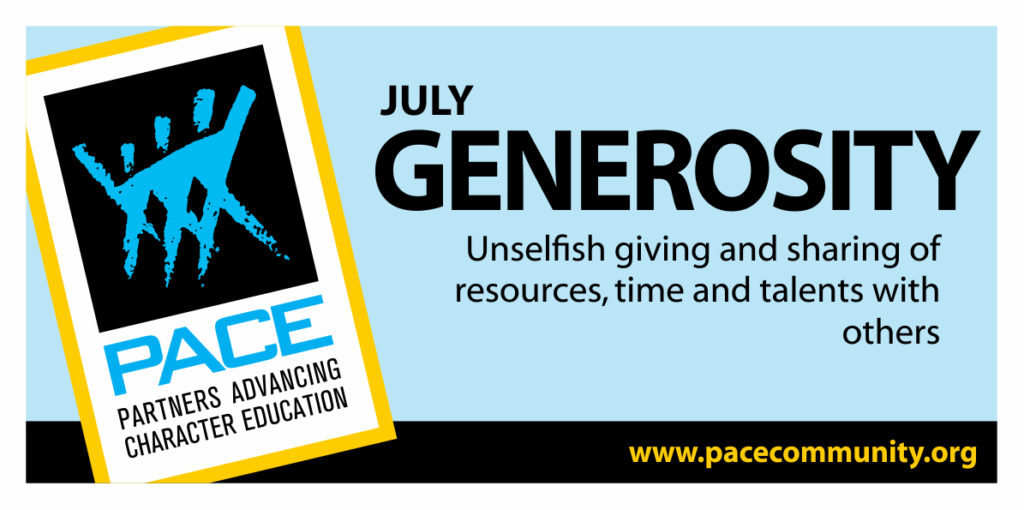
Dana Mannino, Spokane County Library District librarian
For me, citizenship means taking seriously our responsibility to make our country the best place it can be. There are many ways to practice citizenship: Following the speed limit, keeping your sidewalk free of snow in winter, noticing problems in your community and working to fix them.
Perhaps the most iconic act of citizenship is voting. When we vote, we weigh in on potential laws, or pick the lawmakers who will write them. It’s hard to make a law that is fair for everyone. Whether you are a lawmaker or a voting citizen, it takes a lot of information to make a good decision.
Enter the Library. In 1800, our founding fathers recognized the need for members of the legislature to access vast amounts of information as they crafted laws. They founded the Library of Congress to fill that need. When the capitol burned down during the war of 1812, Thomas Jefferson sold his personal collection of over 6,000 volumes to congress to help the library start over.
On a smaller scale, your county libraries continue this mission to get information into the hands of the decision makers – the voters. We collect books and other materials written from a variety of viewpoints so that voters can weigh different arguments and make informed decisions.
We also pay for databases and newspaper subscriptions you can access without getting stopped by a paywall. Paywalls are those annoying pop ups that say “You’ve read your 4 free articles for the month. Subscribe to read more!” I hate those. Using the library’s digital collection will get you around the paywall. Your tax dollars at work.
If you ever need reassuring that citizenship is alive and well, stop by the library in the weeks leading up to an election. You will see people with their ballots spread out in front of them as they use library computers to research issues before they vote.
Or visit us after the government releases an important document. When the recent Muller Report was released, many people (from of both political parties) came in to read it. We kept a printed copy at the desk (all 448 pages!), and helped people navigate it online.
Visiting on National Voter Registration day could also warm your citizen heart. This September, 31 library volunteers gave their time to help people register to vote. For that matter, every day is voter registration day at the library. We always have printed registration forms on hand, and can answer questions about filling them out.
But my favorite way that the library fosters good citizenship is in our partnership with schools. We visit many school showing teachers, school librarians, and students how to use our digital resources. These resources are even more crucial now that many schools have been forced to cut or eliminate their library materials budgets.
Last year I did a series of research workshops for Mica Peak High. The students were engaged in project based learning. They each had selected a problem in their community and were trying to solve it. I came to teach them how to research solutions. Those kids tackled everything from improving the safety of the intersection near their school to strengthening animal welfare regulations at pet stores. It was a joy to show them how to find information that would build the case for the changes they wanted to see, and also how to research the processes they should use to make those changes.
So citizenship is alive and well in your community, folks! If you don’t believe it, well, come and see us at the library.
Dana Mannino is a Librarian with the Spokane County Library District. Her work takes her from pre-school to retirement centers and everywhere in between. If you are looking for a great book on living a life of character, she recommends Aristotle’s Nicomachean Ethics, which is readily available at your local library.

